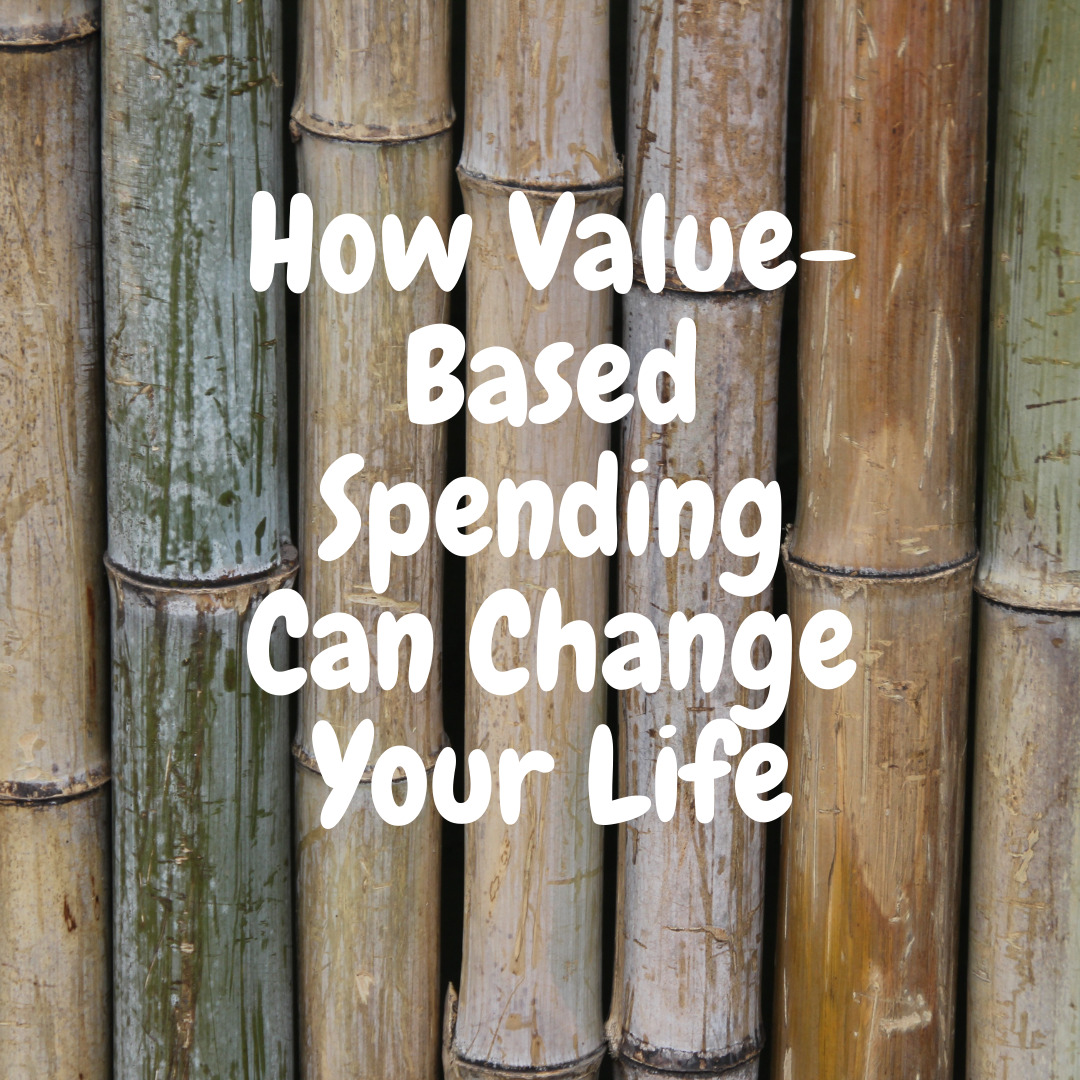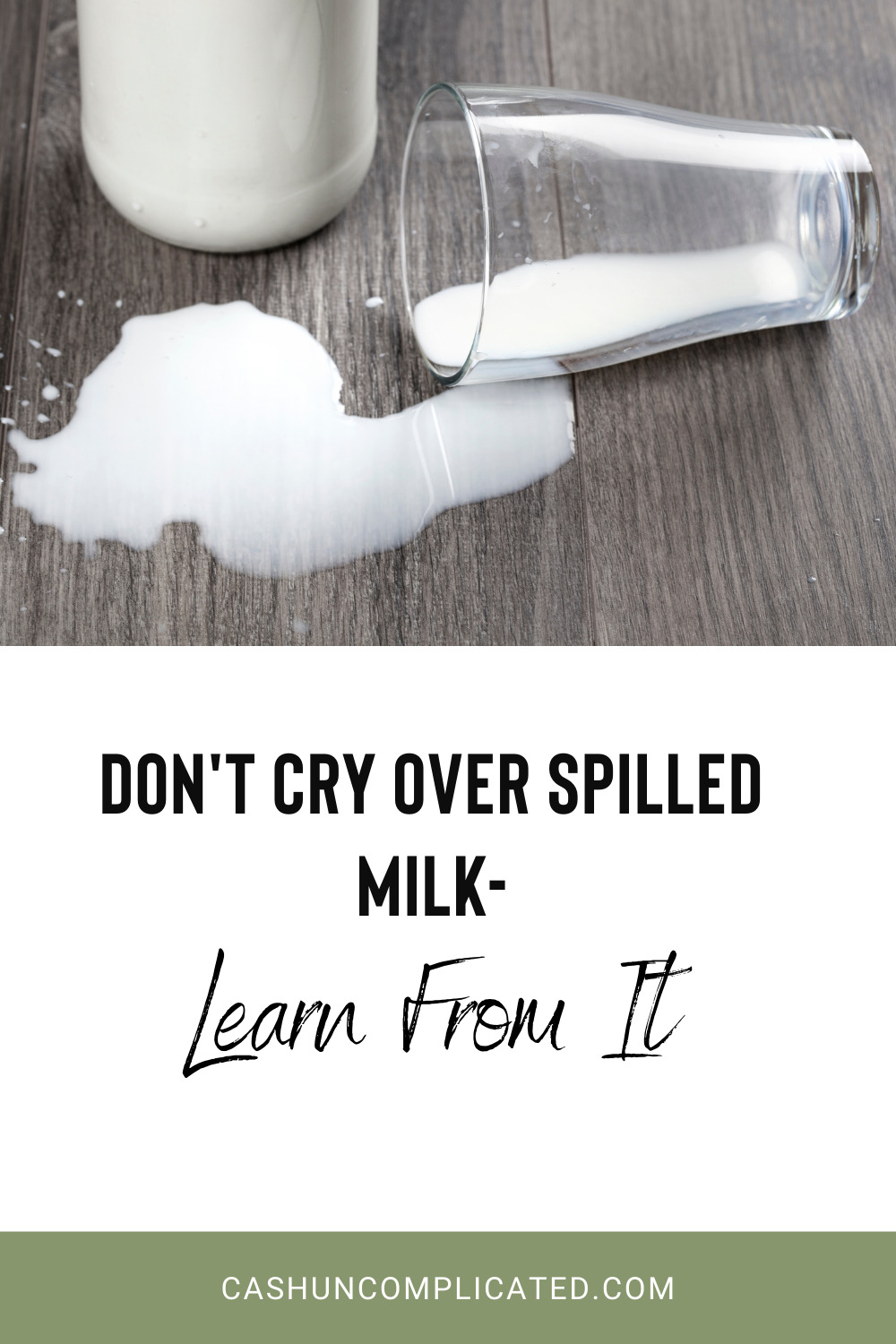How many times have you bought something and then regretted it? Booked a trip and wished you didn’t a week later? Or thrown something away a month after buying it?
On the opposite end, how many times have you regretted not purchasing something? Or wished you had gone on a trip?
If you answered all of the above, you’re not alone. I’ve done them all too and so have many others. Realistically, this is going to happen now and then. The good news is that we can significantly reduce the number of times it does happen.
One of the most important financial principles I live by is value-based spending. I wrote about it numerous times in my book and blogs, and speak about it often. Value-based spending guides me in all of my financial decisions, and naturally trickles over to life decisions.
Clearly Defined Values
A lot of us are not that great at knowing what we want. We go from idea to idea, and thing to thing. One minute we want to live in the big city, and in the next moment, we want to live in a three-bedroom house in the suburbs. Or we go from wanting a 4-wheel drive to take to the snow, to a convertible for summer trips to the beach.
The first thing we need to do is get clear on what we want. That involves going deeper than the surface. If you want a 4-wheel drive for trips to the snow, ask yourself why and how.
Do you want to go to the snow for the skiing or to connect with family in a vacation setting? Do you want to go to the snow just to get away? Or do you want a weekend with your buddies now and then? Maybe you love being in the mountains during the winter and want to be there as much as possible.
If you just want to take a short trip to get away a couple times in the winter, you may decide you don’t even want to go up to the mountains. Or maybe you just want some quality time with the family and could care less about skiing.
The next question is about the how, or the logistics. How often per season do you want to go to the snow? Do you need a 4-wheel drive to get there or can you go with a friend, put chains on the tires of your current car, or rent a car for the weekend?
The answers to these questions will guide you on what to do. If you’re someone who skis every weekend during the season, it’s probably worth it to you to get a 4-wheel drive. Or if you’re bringing your family up to the cabin several times a month, there’s a lot of value to a 4-wheel drive.
On the other hand, if you’re someone who makes one or two trips to the snow every year, you’ll probably decide a new vehicle for the snow isn’t worth it. You can put chains on your tires, or rent a 4-wheel drive for under 200 dollars for the weekend.
The same principle applies to boats, ATV’s, jet skis, RV’s, and other recreational equipment. If you go camping one weekend a year, you probably don’t want an RV. If you want to go out on the boat a couple times during the summer, it’s a lot more convenient and cost effective to just rent one.
Eliminates the Unimportant
Value-based spending gives you clarity on what you really want, which naturally filters out the things you don’t want. Suppose you clearly value these seven things the highest:
- Time with family and friends
- Outdoor activities
- Healthy eating
- Home from work and engaged with family by 5:00 every weekday afternoon
- Travel
- Sports
- Weekends away from work and engaged with family/friends
Things and activities that fall outside your top seven probably aren’t that important to you because they didn’t make the list. Your list might just be three or four things, or closer to ten. Seven is just a number used for purposes of this blog. Your focus should be on the top items that you personally value.
Gadgets bought online, expensive dinners out, and new cars would naturally be given less of a priority for someone with the list above. The priority is with the items and experiences related to the highly valued items. Anything outside the list can be minimized, or even eliminated.
Who You Become
Value-based spending helps give you clarity on what you want and don’t want. It’s a framework based on your values, and a tool for you to make decisions.
Value-based spending is not only something you do, but more importantly, it’s who you become. You are a value-based spender, and value-based spenders think and act according to their values. There is clarity, decisiveness and intentionality in every action and decision.








